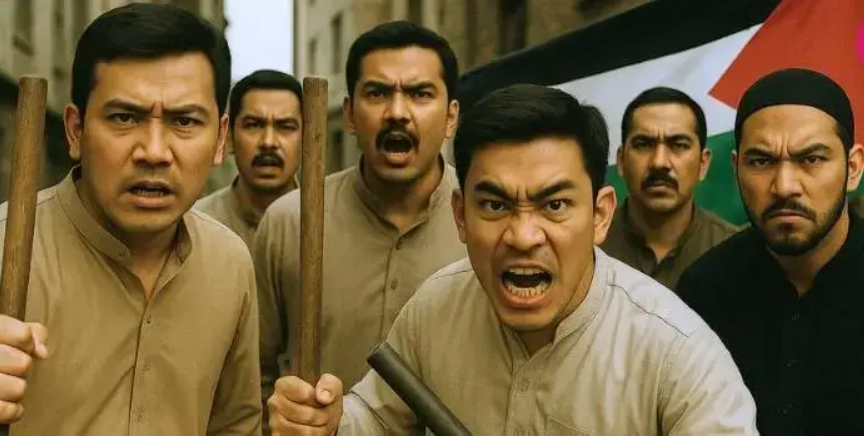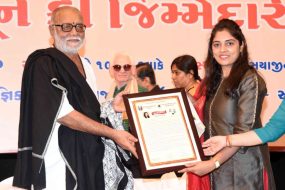
For a Pakistani worker, justice for Palestine cannot mean death.
You Cannot Grieve for Gaza by Spilling Blood in Pakistan: A KFC Employee Was Shot Dead During a Palestine Protest
The news that a man was shot dead in the name of “protest” while he was just doing his job—flipping hamburgers in a KFC kitchen—is incredibly upsetting. That Asif Nawaz, a 45-year-old Khan Colony resident, never returned home from his job at a Sheikhupura fast-food restaurant because someone deemed his life worthless in the service of a greater good. We truly need to pause at that point and ask ourselves, “What are we even doing?”
What sort of demonstration results in a man in a kitchen bleeding to death?
Seeing the atrocities taking place in Gaza makes it simple to yell slogans and feel the sting of injustice. We’re upset. We are devastated. Every human being should be incensed at the atrocities taking on in Palestine. But someone like Asif cannot be the target of that rage. Mobs hurling stones, shooting, damaging property, and storming restaurants don’t speed up the conclusion of the occupation.
Nor is it about a single horrible death. Dozens of workers are now afraid to report to work. It’s the acceptance of mob violence under the pretext of outrage and religion.
This week’s events in Pakistan are hardly an example of resistance. It’s not a show of solidarity. It’s anarchy masquerading as advocacy. Mobs attacked KFCs and Domino’s restaurants from Sheikhupura to Karachi, smashing glass and hurling stones as though doing so would somehow free the Palestinian people. It doesn’t. It simply crushes the heart of another mother. The adversary is not Asif Nawaz. He didn’t draw boundaries or drop bombs. He arrived for his shift just now. Additionally, his children will grow up without a father because to a bullet fired by someone claiming to fight for justice, not a drone strike.
There is a perilous misconception that protest must be violent in order to have an impact. For that anger to be successful, it must be loud and even destructive. However, tenacity, rather than violence, was the foundation of some of the most significant historical movements. If you disagree with a brand’s ties, don’t buy from it—that’s okay, you have that right. However, don’t shoot a man who is merely trying to make ends meet in a business. That isn’t a protest. That is murder.
We must change the topic of discussion.
It may be intelligent. tactical. It can harm systems rather than individuals. It has the power to boycott, inform, inspire, and create movements that genuinely oppose the systems that enable injustice and genocide. Resistance maintains itself in this way. It creates legacy in this way. Not via bloodshed and broken windows, but through concerted, deliberate action.
We need to figure out better strategies to deal with our anger and grief. Anger may be amplified by social media, but it can also be misdirected. One popular hashtag isn’t worth a person’s life. The anguish of a youngster who has just lost a parent is not worth one viral video of a broken shop.
Our current actions do not demonstrate solidarity. Self-destruction is what it is. Our suffering is becoming collateral damage as a result. We must live up to the very principles that Palestinians are denied—humanity, safety, and dignity—if we genuinely care about their right to justice.
Let’s behave like people if this is a human issue. Let’s grieve honorably rather than violently. Because you aren’t fighting for justice if you are fighting for the oppressed by taking on the role of the oppressor.
At the end of the day, what good is your protest if it mirrors the very violence you’re standing against?










